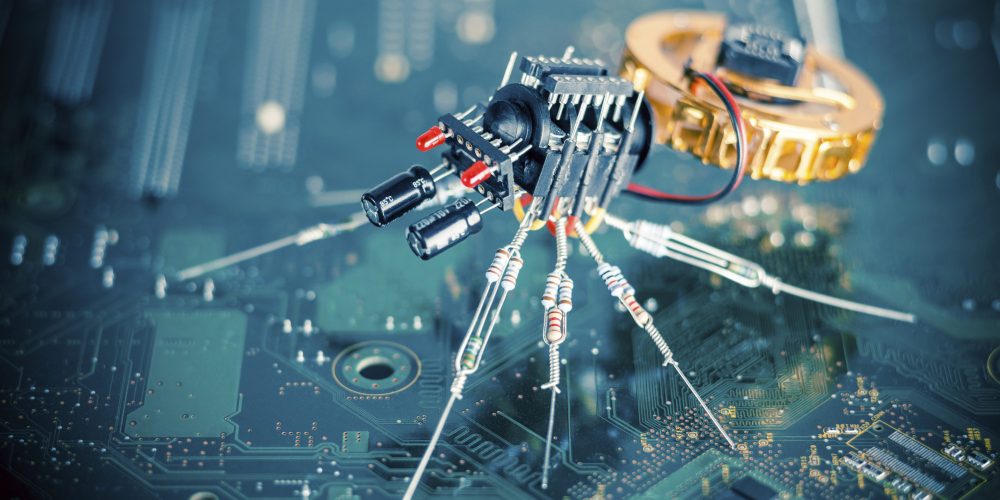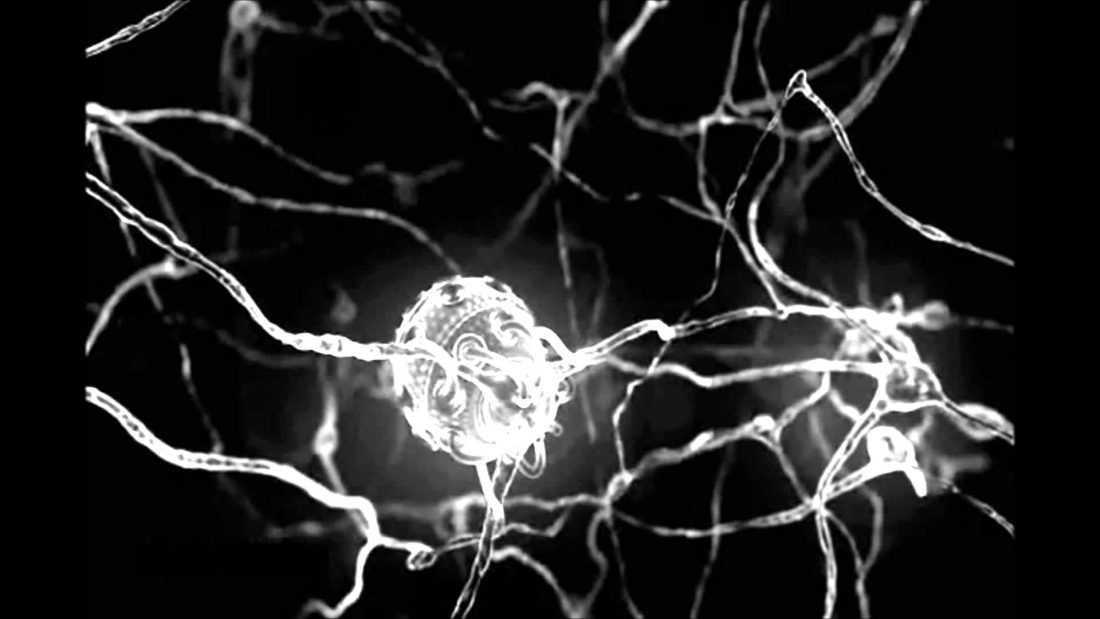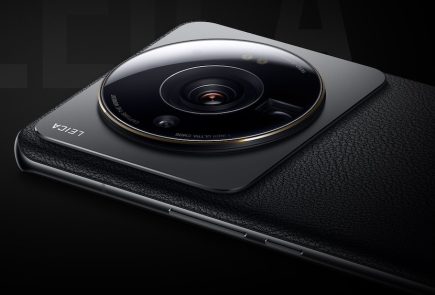Will Nanotechnology Wipe Out the Human Race?

Nanotechnology is the study and use of incredibly small components and structures. The word small is an over-estimation -these components are no more than 2 nanometres (the width of a strand of DNA), or 50 thousand times smaller than human hair. Yes, we are talking tiny.
Needless to say, it is one of the most interesting things about the world of tech and holds immense promise for the future. However, there is a flipside to it -the line between harvesting the enormous power of nanotechnology and letting it overcome humanity is thin and easy to blur. This notion has been explored deeply in video games, art, and has begun to spark off debates in real life lately. Here’s a quick look at some of them.
Nanotech in Film
One of the most recent examples of nanotech in cinema is the 2014 animated film Big Hero 6. The 14-year old protagonist of the movie, Hiro, presents his little army of microbots at the science fair of the robotics centre of the university his elder brother, Tadashi, wants him enrolled in. Thus begins a series of extremely unexpected events, to say the least. The plot of the film centres around microbots which Hiro had initially made for his science project, but now in the wrong hands -they have the potential of wreaking havoc all over, which is precisely what the antagonist aims to do.
List of other movies to have used nanotech is endless, but some of the most famous names include i, Robot, Terminator and Transcendence. These films show the effects of nanotech, being used judiciously, as well as gone terribly wrong.
Nanotech in TV

Sketch of a Nanite
The 2012 TV show Revolution uses the idea of nanotechnology and spins its plot around nano-bots called Nanites in the show. The setting of Revolution is a post-apocalyptic, dystopian 2027, a world which has been engulfed in darkness post a global electricity blackout in 2012.
The Nanites have only two functions -to absorb electrical energy, and to replicate it. The former activity led to the artificially-created ‘Blackout’, thereby making Nanites solely responsible for the current order of things in the show. Furthermore, the Nanites are also capable of performing various medical functions -from curing cancer to repairing damaged lung tissue.
Nanotech in Video Games In Metal Gear Solid 4, PM
In Metal Gear Solid 4, PM
The storyline of the game is interesting because it comes very close to what we have been up to with nanotech in real life. Metal Gear Solid straddles sci-fi with real-world nanotech and makes the game a fun experience. Another fantastic game to make use of nanotech is Crysis. Check it out below.
Nanotech in Medicine Just last year Harvard released a research about an electronic device that can be injected directly into the brain. Connecting it to a monitor ensures nano view of the brain, enabling the doctor to keep a track of neural activity. This, in turn, is capable of helping with treatment of neurogenerative disorders as well as diseases like paralysis.
Just last year Harvard released a research about an electronic device that can be injected directly into the brain. Connecting it to a monitor ensures nano view of the brain, enabling the doctor to keep a track of neural activity. This, in turn, is capable of helping with treatment of neurogenerative disorders as well as diseases like paralysis.
Nanotech has been used in the past to treat diseases by targeting symptoms and the affected area within the body itself. Target treatment for diseases like cancer has been made successful using nano-tech where the medicine is delivered directly to the infected region using nanocarriers, thereby reducing contact with adjacent regions and the consequent side-effects.
Conclusion
The origin of nanotech goes back to 1959 when Professor Richard Feynman spoke about using matter on a very small scale.
“It is a staggeringly small world that is below. In the year 2000, when they look back at this age, they will wonder why it was not until the year 1960 that anybody began seriously to move in this direction.” – Richard Feynman
And now over half a century later, here we are, with another name added to the list of human activities threatening our existence. As nanobots are developed that could live in the bloodstream of soldiers, as has already been seen in popular culture art and video games, could nanotech be the future of violence? Perhaps only time will tell.

Would you allow these tiny nanobots in your bloodstream?
While paranoid sceptics struggle with the notion of Artificial Intelligence, Transhumanism and now nanotechnology ending mankind as we know it -what do you think -does nanotech positively hold the answers to a better future or could it be a factor that wipes out the human race?






















